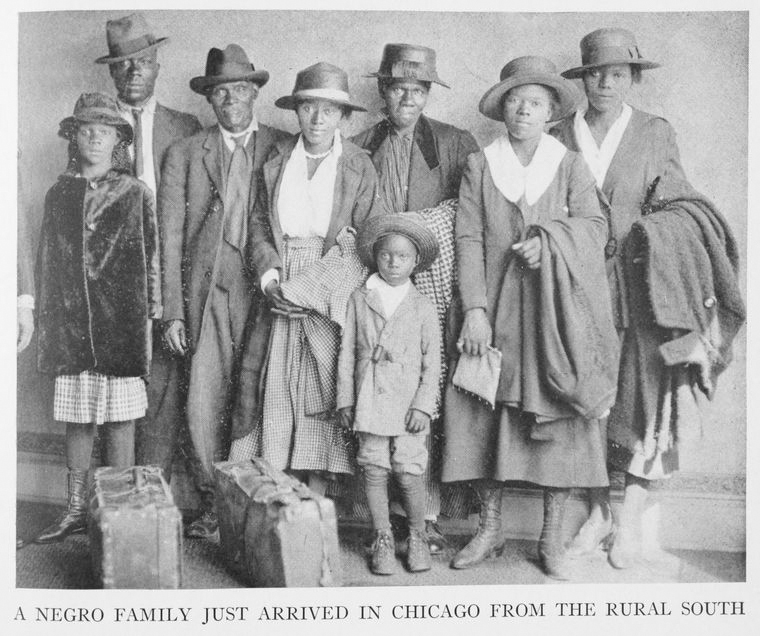More than 20 years ago, the local parks and recreation department offered a class in tai chi. I was the only student who enrolled. The instructor, Brandon, would have had every right to cancel the class, but he didn't. Brandon and I met once a week for six weeks and he introduced me to both qigong and tai chi.
Brandon used qigong as the prelude to the tai chi, and I interpreted qigong as a warmup.
Below is a video with a morning set of qigong movements. I like this video because there's no chatter other than the intrusive sound of the ocean waves, which I turned off.
Credit: Qigong Meditation
I always like the story of one of my favorite movements. It goes something like this:
- The sun comes up
- You push open the window for a better view
- You spread the curtains wide
- You reach down and gather the sunlight
- Toss it up into the sky
- Pull what falls to your abdomen and rest your palms there
In my emerging meditation practices, the qigong movements help me focus on my physical being in its parts and its whole, pulling me out of my brain's incessant talk talk talk.













